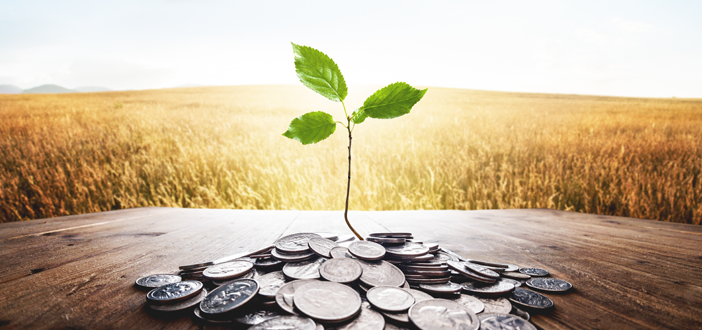In today’s tech-driven world, energy is a crucial resource. It’s essential in powering our devices, cars, and homes — to name a few. With an ever-growing need to consume more energy, it can be tough to keep energy costs down in your own home.
Fortunately, there are ways you can rein in your energy bills — from making strategic improvements to installing home solar panels. Below are a few tips to keep in mind.
- Review your heating and cooling needs
During the last few months, you’ve probably been heavily using the air conditioner to keep yourself cool in summer. Now, as the country enters the colder months of the year, heating will be a key priority.
Heating and cooling have always been the biggest contributors to pricey energy bills. Take some time to review how you’ve been managing temperatures in the home. Then, based on your review, make the necessary adjustments.
For instance, if air ducts are showing signs of damage it’s probably time to contact professionals who can get it fixed — and prevent future air leaks.
When you’re leaving home for work or travel, make sure to configure the thermostat to a higher setting — the range of 85°F to 88°F should do. But during winter, 55°F to 60°F is more ideal.
- Switch to LED lighting
According to the Department of Energy, home lighting is about 12 percent of energy usage. Incandescent and halogen lights are not exactly the most energy-efficient out there and if you haven’t replaced these with LED, expect to see higher utility bills.
Find a frequently used part in the home where lighting is essential. Replace the fixtures in that area to LED light bulbs. Aside from better utilizing energy, LEDs usually last for about 50,000 hours, which is over 40 times longer than traditional fixtures.
Additionally, you can get LEDs that have dimming capabilities. That way you can adjust the brightness in any room and further save on electricity.
- Invest in renewable energy
There’s a lot to be gained when you commit to renewable energy sources like solar. To be clear, you will need significant capital, but the investment can pay off in the long-term.
Plus, the cost for installing photovoltaic solar panels in your home is continually going down. With key improvements in solar batteries and inverters, it’s becoming increasingly easy to transition to solar.
You can install the system yourself if you have the time and patience to learn. Alternatively, you can always seek out the technical support from licensed professionals.
Beyond the energy-saving tips above, consumers should reflect on the role of energy in their lives. It’s the one product that is oftentimes taken for granted. Some, if not most people, are rarely mindful that they consume energy on a daily basis —smartphones, tablets, laptops, are just the tip of the iceberg.
There is a corresponding cost to all that consumption. And more often than not, it’s only after the utility bills are sent that people get a glimpse of the full impact of energy consumption.
Overall, by being aware of where and how energy is consumed, it can further contribute to even bigger cost savings.





